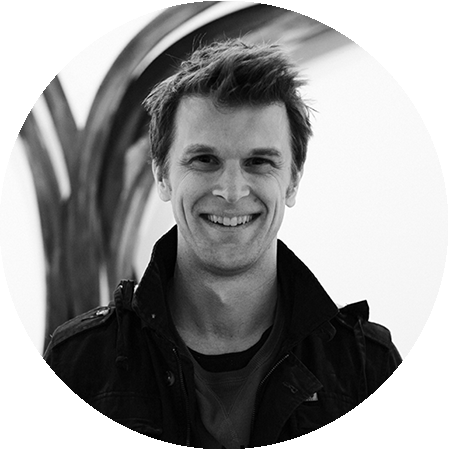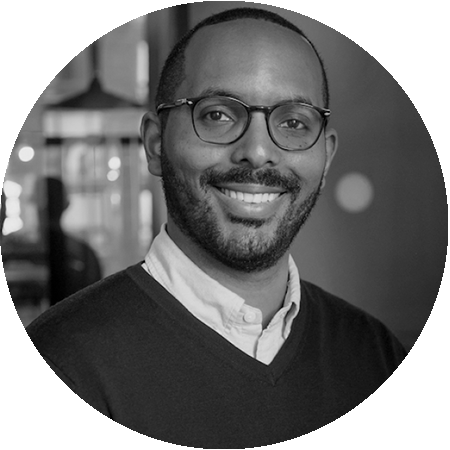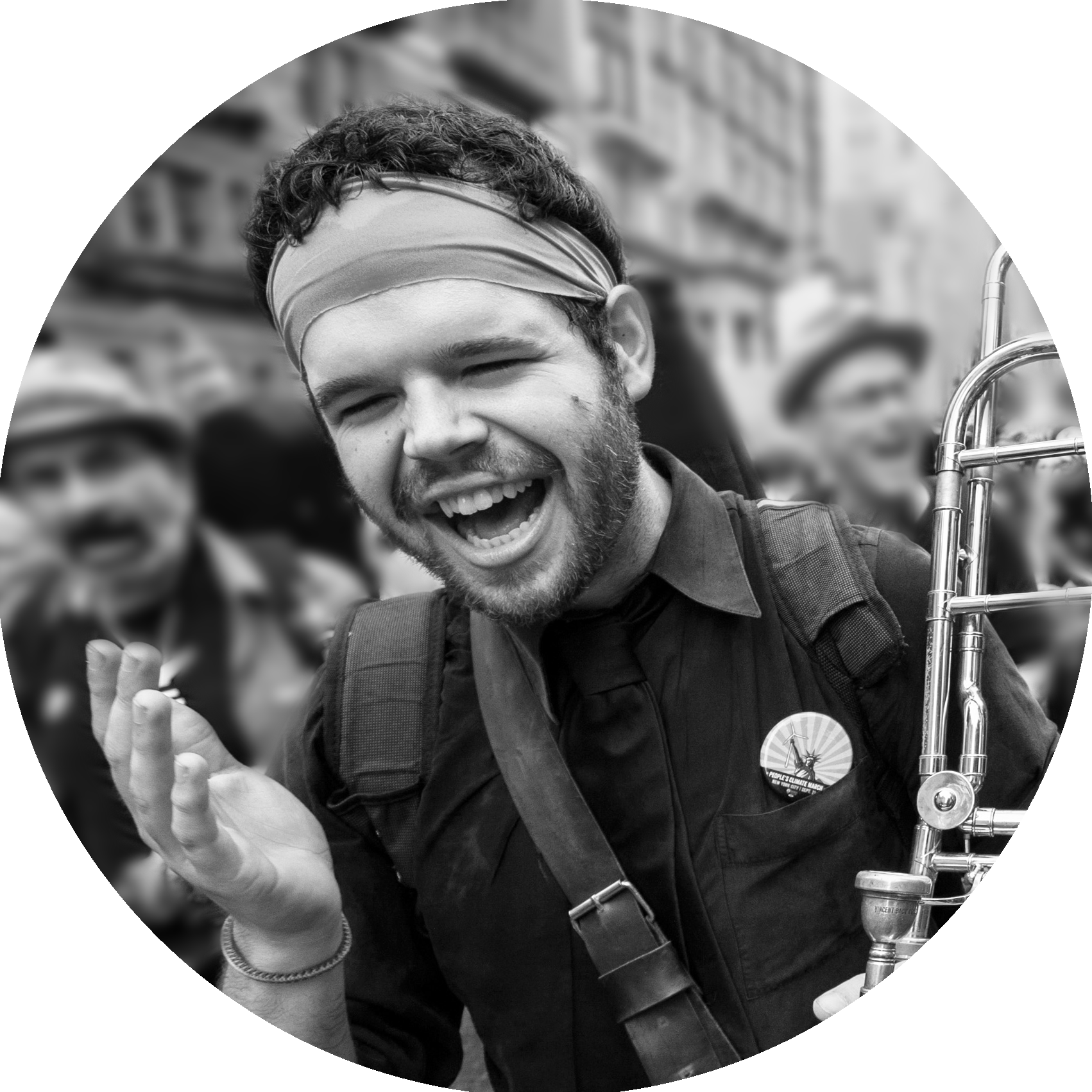Using Artificial Intelligence to support the expertise and wisdom of community leaders and social justice activists.
Many people are excited about the possibilities that artificial intelligence (AI) can provide us in solving hard problems. Yet as we, the technologists building AI tools, start to explore this young field of AI and its potential for social impact, it’s important that we value and uplift the expertise and knowledge that many community leaders and social justice activists have on some of the hard social problems we care about addressing.
When we think about AI algorithms, we tend to think about “human-in-the-loop” algorithms – ones that incorporate human reflections and human inputs in the system. With “ai-in-the-loop”, we propose an adjustment to that framing – AI inputs and reflections into human systems driven forward by those most impacted by systemic oppression.
Who We Are

Jonnie Penn
Jonnie Penn is a New York Times bestselling author, a Google Technology Policy Fellow, and a Rausing, Williamson and Lipton Trust doctoral scholar at the University of Cambridge. His current research explores conceptions of intelligence in twentieth-century AI experimentation. Penn, who is British-Canadian, is also the co-founder of The Buried Life, a popular online community that asks, “What do you want to do before you die?” He holds degrees from McGill University and the University of Cambridge. In 2018, he will join the Science and Technology Studies Department at MIT as a Visiting Researcher. He has five siblings, forty cousins and two passports.

Kathy Pham
Kathy Pham is a computer scientist, product manager, and leader with a love for developing products, running operations, hacking bureaucracy, building teams, exploring data, healthcare, and weaving service and advocacy into all aspects of life. Currently, as a fellow at the Berkman Klein Center at Harvard, Kathy explores the social impact responsibility of engineers, and the intersection of technology and government. Kathy was a founding product and engineering member of the of the United States Digital Service, a 2013 tech startup at the White House. She sits on the advisory boards of the Anita Borg Institute Local, and the “Make the Breast Pump Not Suck” initiative. Kathy has held roles in product, engineering, and data science at Google, IBM, and Harris Healthcare. Previously, Kathy founded the Cancer Sidekick Foundation, placed first at Imagine Cup representing the United States with a sentiment analysis news engine, and invited as First Lady’s Guest to the 2015 State of the Union. She has also been spotted at the After Hours Gaming League finals for StarCraft II, and hosting Formula 1 Racing hangouts. Kathy holds a Bachelors and Masters of Computer Science from the Georgia Institute of Technology in Atlanta, Georgia, and Supelec in Metz, France.

David Colby Reed
David Colby Reed is the co-founder and CEO of Foossa, a community-centered design and strategy practice based in New York City. He is also a lecturer in design, management, and social innovation at the Parsons School of Design at the New School. David’s work bridges the public, private, and social sectors to build inclusive public and consumer services around the world. Much of this work involves understanding the ways in which teams frame problems, and David has helped organizations ranging from the City of New York to global financial institutions to the United Nations reframe core challenges to mobilize an expanded set of stakeholders. David studied cognitive science at Harvard and public policy at New York University. He is an officer on his local NYC community board, a trustee of the NYC chapter of the Awesome Foundation, and a project mentor to current and former students.

Matt Taylor
Matt is a software engineer, activist and musician. He most recently worked for the Scratch Team, which is part of the Lifelong Kindergarten group at the MIT Media Lab. When not coding, he helps facilitate conversations on anti-Racism, fights for affordable housing, and enjoys playing music in support of activists fighting for social justice. He is a member of the organizing committee for the HONK! festival of activist street bands in Somerville, MA
What We Do
We want to help build a strong foundation for applied AI, grounded in social impact. In order to do this, our goal is to help build relationships between technologists, community members, and community activists most directly impacted by systemic injustice. In order to build relationships, we offer trainings that bring together community/activists and engineers/designers/product managers.
Session 1: Getting Oriented
This session is broken down into two parallel trainings for technologists and community activists, respectively.
Introduction into movement building
In this session, we discuss the importance of building technological tools with communities rather than for them, and introduce technologists to social tools for building and maintaining trustful relationships with activists.
AI and its social impacts
In this session, we discuss the basic structure and methodology of artificial intelligence algorithms, before moving into an analysis of the social impact this field currently has and will continue to have in the global economy.
Session 2: Building Things Together
In the second session, we bring community activists and technologists together to do some active relationship building and project brainstorming. This session starts with activities for developing trust, before moving into active brainstorming of projects to work on together.
If you are in the tech world and would like to build relationships with community activists in your area, get in touch with us!
If you are a community activist looking to know more about artificial intelligence and its social implications, get in touch with us!